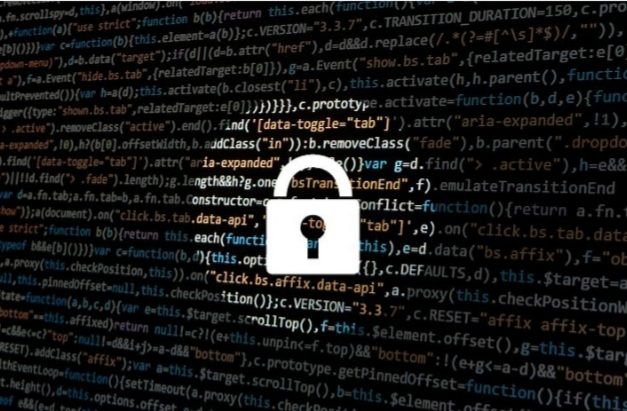
[2] No hesitation to block or unfollow when we encounter this on social media
In The Name of Allah, The Most Merciful, The Bestower of Mercy.
Allah, The Exalted, said:
وَمَن يَكْسِبْ خَطِيٓـَٔةً أَوْ إِثْمًا ثُمَّ يَرْمِ بِهِۦ بَرِيٓـًٔا فَقَدِ ٱحْتَمَلَ بُهْتَٰنًا وَإِثْمًا مُّبِينًا
And whoever earns a fault or a sin and then throws it on to someone innocent, he has indeed burdened himself with falsehood and a manifest sin. [An-Nisaa 112]
This phenomenon is increasingly prevalent on social media, masquerading as a call to promote virtue and denounce vice. Therefore, upon encountering such conduct online, it is wise to distance yourself from such accounts, irrespective of their identity. Do not engage with individuals who have succumbed to a mindset of desperation, seeking to deflect responsibility onto others, as they fear confronting the truth of their own failures and negligence. This conduct is not merely an unconscious defense stemming from ignorance; rather, it is a manifestation of egomania. The justifications they provide, shifting blame for their shortcomings onto external circumstances, serve only as a feeble diversion. Rather than withdrawing from one’s reprehensible pursuits, many of these people capitalise on the good suspicion held about them by followers on social media, relentlessly assailing others and depicting them as malicious adversaries intent on their downfall. Consequently, this creates an insurmountable obstacle to any reformative initiatives aimed at recognising, articulating, and tackling the root causes of their bad behavior. Thus, they persist in projecting their failures onto others and seeking to evade the confrontation of their own feelings. After close scrutiny of many of these accounts hiding behind the claim of enjoining good and forbidding evil, we found that their focus lies not in engaging in frank dialogue, but rather in safeguarding their self-image and alleviating feelings of anxiety, shame, inadequacy, or guilt. The verse cited at the beginning of this article clearly illustrates the malevolence of such conduct, as making false accusations, especially when the accuser is guilty of what he utters, is a grave sin.
Social media has unveiled the sordid nature of this behaviour among numerous individuals, whose arguments are often rooted in deceit or self-delusion. This has become increasingly troubling, as many users of social media struggle to confront their own flaws and admit their mistakes, despite the fact that to err is human. Instead, they prefer to unjustly cast their shortcomings onto others. Thus, it is wise to refrain viewing the posts of these people or engaging in dialogue with those who exhibit such behaviour. Nevertheless, this will not alter their situation. Umar Ibn Al-Khattab, may Allah be pleased with him, said:
”People were (sometimes) judged by the revealing of a Divine Inspiration during the lifetime of Allah’s Messenger, but now there is no longer any more (new revelation). Now we judge you by the deeds you practice publicly, so we will trust and favour the one who does good deeds in front of us, and we will not call him to account about what he is really doing in secret, for Allah will judge him for that; but we will not trust or believe the one who presents to us with an evil deed even if he claims that his intentions were good.’’ [Sahih Al-Bukhari. 2641]
Imam Abdul Aziz Bin Baz, may Allah have mercy upon him, said: “Whoever manifests good, it will be accepted from him and a good suspicion is held about him. And if he manifests evil, it will be held against him and an evil suspicion is held about him”. [1]
We ask Allah: [اللهم كما حَسَّنْت خَلْقِي فَحَسِّنْ خُلُقِي – O Allah! Just as You made my external form beautiful, make my character beautiful as well].
[1] An Excerpt from Al-Hulalul Ibreeziyyah Min At-Taleeqaat Al-Baaziyyah Alaa Sahih Al-Bukhari 2/397. Footnote 1

